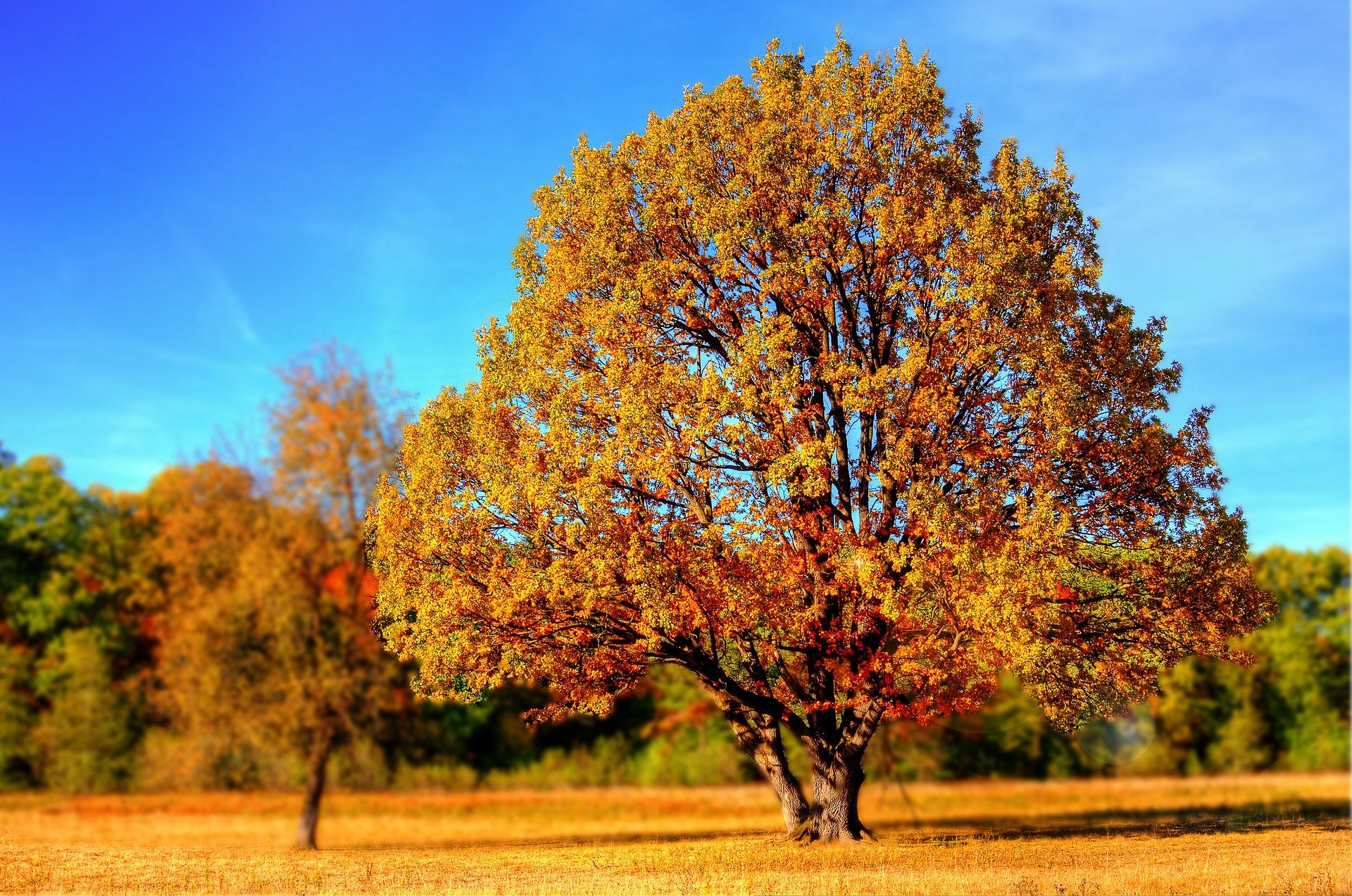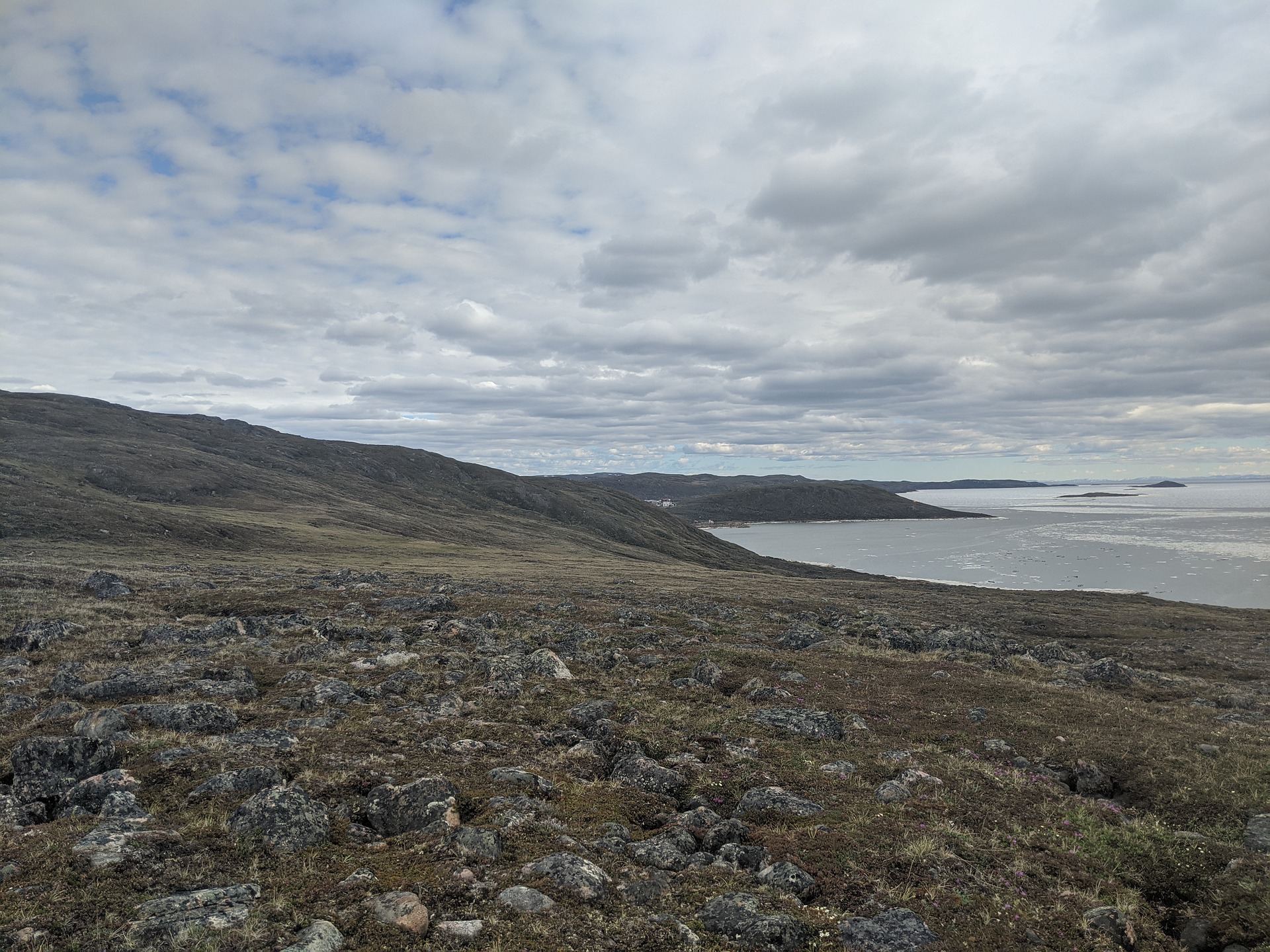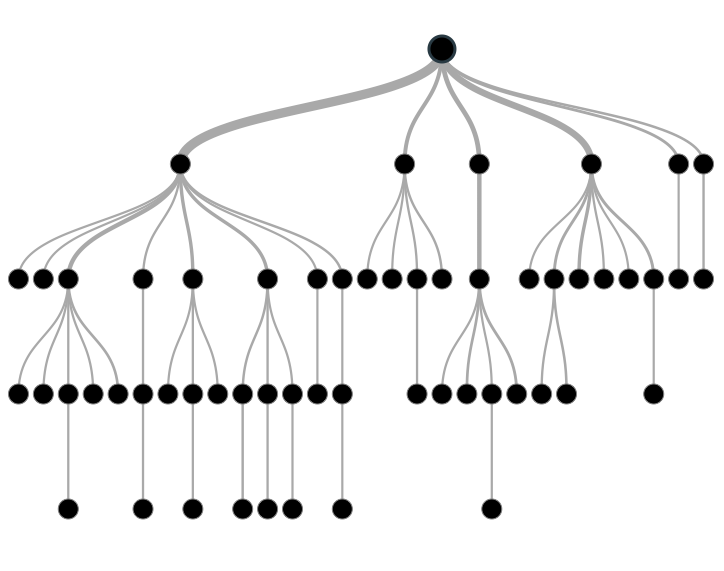I want to believe that the current generation of applications powered by Large Language Model (LLM) don’t represent the height of the state of the art for prediction machines and that no single firm will reach 80% market share and go onto dominate the generative era. I want to believe that the future is quite open, and that these early returns we’ve made in applied machine learning can compound. It’s because I want to believe so much that it’s worth questioning the assumptions. What might cause the future to become closed? Does OpenAI scan its API logs for good ideas? In 2023, a surge of founders developed skins for OpenAI’s ChatGPT. Some based their startup on enabling a user to[…]
Category: Economics
It’s kind of amazing we know how to abstract at all. It’s an unreasonably effective skill. It enables a high bandwidth way of transmitting information. Learning through demonstration is pretty effective. Learning through symbolic representation even more so. Consider these words. They’re made up of sounds. The sounds can be strung together to symbolically represent physical things and virtual concepts. We learned how to draw physical representations of physical things. Then the alphabet was invented, letters themselves an innovation because they originally symbolized sounds. The letters have long since drifted from their original sounds. So much so that in English, we cram 48 sounds into 26 letters. The English alphabet is an overloaded abstraction. Stories too are overloaded abstraction. There[…]
Life changes the planet. It always has. We humans are life. We’re changing the planet. How you choose to think about it has a lot to do with what you choose to do about it. The Medea Hypothesis In his book, The Medea Hypothesis, Peter Ward summarizes a few decades of ecology research and adds a few of his ideas of his own. Ward argues that the idea that life seeks to create equilibrium with the environment, the Gaia Hypothesis, is false. He paints a compelling picture of how life doesn’t create harmony with the planet at all. Life appears to be in perpetual conflict with the abiotic environment. It tries to occupy as much space as it can. It[…]
Canada is a land of many Canadas. There’s the Maritime version, the Montreal version, the inland BC version…so many versions really. In spite of how different those Canada’s are – they’re all down South. The North is entirely different. More people live on Prince Edward Island (~160,000 people over ~5400 KM^2) than the entire North (~126,000 over ~2.5 million KM^2). I don’t even fully comprehend just how different life is in the North. It’s always been expensive and hard to get up North. It’s brutal by foot and paddle. It’s expensive by boat, rail, truck and airplane. The most obvious factor is the distance. The spaces are vast. Less obvious is how much more expensive it is to build transportation[…]
The Canadian state has had an interesting relationship with networks since the beginning. Networks connect things and enable outcomes. Those who direct and influence the State have preferences for what those outcomes should be. To understand how the state is grappling with the consequences of social networks, it might be useful to look at how it has grappled with physical networks. We’ll begin with some basic theory about the Canadian State. Canada is made of citizens. Some of those citizens become leaders. Those leaders try to create some explainable representation of society’s optimal social welfare function, and package it into something people can recognize, understand and vote for. They do that because they need the consent of the citizens in[…]
Walter Gretzky is credited with the quote: “Go to where the puck is going, not where it has been.” Walter used socratic questioning to teach his son, Wayne, hockey strategy. Here’s the full context from Wayne’s perspective: Him: “Where do you skate?” Me: “To where the puck is going, not where it’s been.” Him: “Where’s the last place a guy looks before he passes it?” Me: “The guy he’s passing to.” Him: “Which means…” Me: “Get over there and intercept it.” Him: “If you get cut off, what are you gonna do?” Me: “Peel.” Him: “Which way?” Me: “Away from the guy, not towards him.” (Gretzy, Reilly, Gretzky: An Autobiography p. 88) Puck On To win a game of ice[…]
2020 hasn’t been easy. Figures from the US Census Household Pulse Survey can be used to tell a story of anxiety, hunger, depression, desperation and hopelessness. Millions are hurting. 2020 is hitting the poor, the young, and those who are low to mid-skilled the hardest. 2021 isn’t looking easy. Vaccines will take time to rollout. The recovery depends on collective health security. Health security causes confidence, confidence causes increased risk tolerance, increased risk tolerance leads to investment, and investment stimulates growth in private sector productivity, labour market demand, and opportunity. It will take time for each part of the chain to develop. It all lags. A return to the previous trend line doesn’t address the underlining cause of wage polarization.[…]
Canadians are a people shaped by physical and social geography. Both explain a portion of why we are who we are, and how we relate to each other. Covid-19, an executable snippet of code wrapped in protein with the sole goal of persistence, is shaping us. It has already affected our social demography. Will it change Canada’s social geography? What It Is Population density is a pretty good indicator of attitude. I can’t make the claim that it’s always causal for all people, After all, did living with 25,000 others in a square kilometre in downtown Toronto make you more conscious of mental health challenges facing the population, or were you always conscious and chose to live with others who[…]
Is what is happening in analytics, in industry, an evolution or a revolution? What is Analytics is the science of data analysis. Those who practice analytics self-identify as analyst, digital analyst, marketing scientist, data engineer, researcher, among many others. Tukey (1962, The Future of Data Analysis, The Annals of Mathematical Statistics, (33), 1) called them all practitioners. The goal of the practitioner depends on their context. That context largely, but not always, depends on the state of knowledge, state of the culture, or sometimes, normatively, the state of maturity, of the group they belong to. Large organizations can have a large amount of difference within them. It’s not uncommon for an operations department to be extremely mature and for its[…]
I used to conjure Louis Del Grande to appear on my television. I used steel wool on the antenna of a black and white set, Tuesday’s at 7 or 8pm, on CBC. Louis played a tabloid journalist that fought crime, fought his wife, fought the Crown, cracked jokes, and in the end would solve the murder mystery with a fuzzy psychic flashback. The show was called, wait for it, Seeing Things. I thought it was neat how he could see the past so clearly, with psychic flashbacks, often at the most inconvenient time. I remember wanting to see the future like that. It was unlike anything I remember watching on television. Last night I scrolled through over a hundred titles[…]







